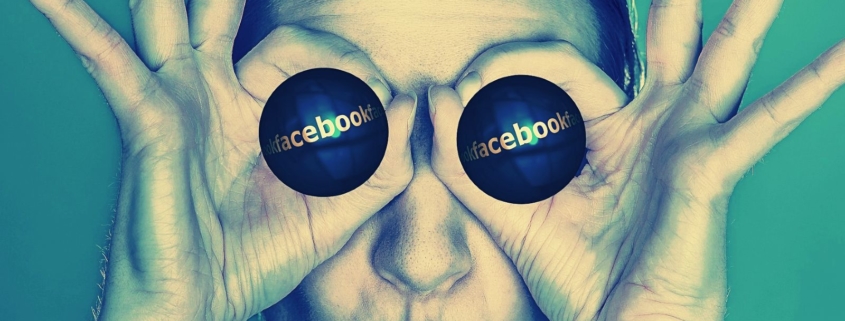Hacking experts reveal the five most dangerous Facebook posts you can make
Hacking experts have issued an urgent warning to all Facebook users about how certain posts could leave you at risk of being hacked.
Security whiz Javvad Malik has urged app users to be extremely careful online as even the most innocent posts can be used against you.
He says that if you give away too much information you are leaving yourself open to being hacked.
He said: “Any information publicly posted can be used by criminals.
“Even seemingly trivial information can be put together to build a better picture of the victim.”
Jay, who leads security awareness at KnowBe4, told the Sun: “Broadly speaking, the most dangerous information that you can put out there relates to password reset questions.

(Image: Alamy Stock Photo)
“So things like mother’s maiden name, schools, street, etc.
“Also, it’s important to realise that information that people post may target those around them.
“So parents posting excessive information about their children can be used against their children as opposed to the parents.”
Cyber-expert Jamie Akhtar said people need to be careful about sharing any data that could be used to verify your identity like your date of birth, full address or mother’s maiden name.
The CyberSmart CEO said that everyone should be selective in sharing data with third party gaming and quiz apps as many of them are scams and advised against sharing your location data as this could be used to conduct physical cyberattacks and other crimes.
He urged people to be wary of anyone contacting you out of the blue who you don’t know and never go into any detail about where you work or what you do as this could lead to your employer being targeted by cybercriminals.
Earlier this month it was revealed that a hacker who gets paid to hack company computer systems and identify security flaws is set to become a millionaire.

(Image: @hacker_/Twitter)
Corben Leo runs his own cyber security firm, which has a partnership with the US…




